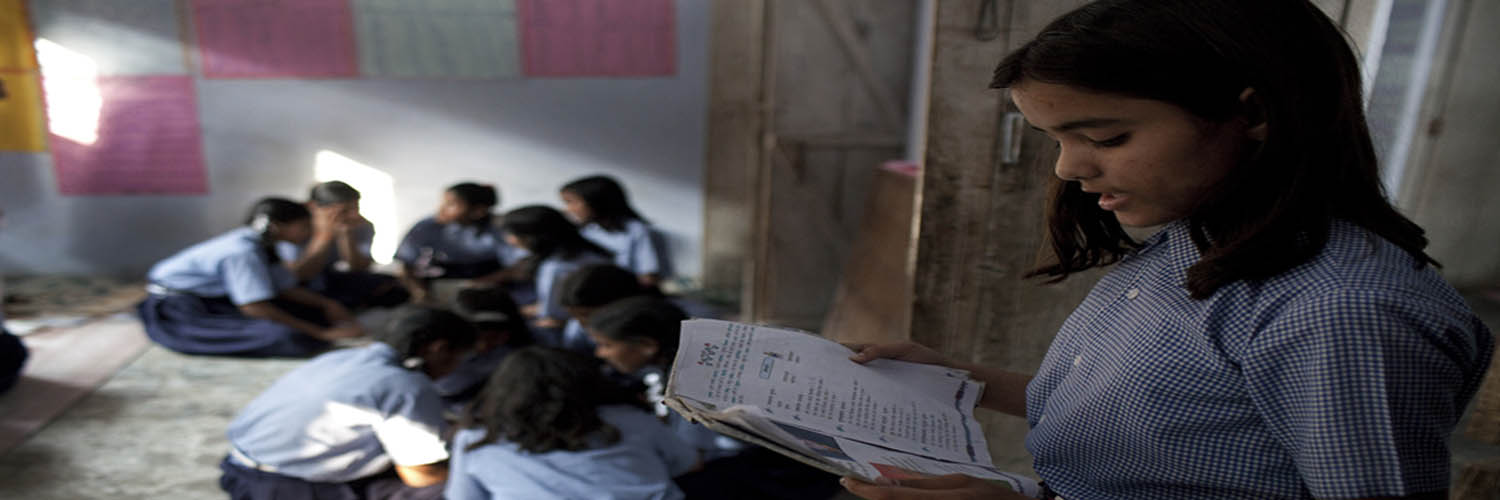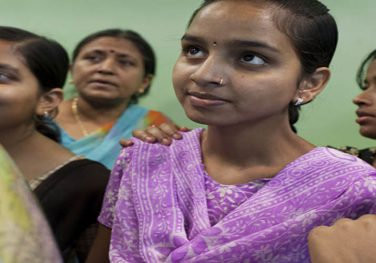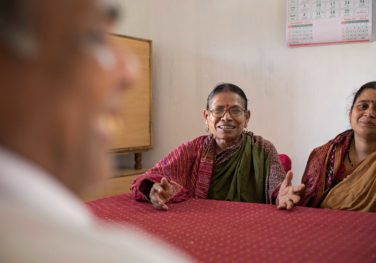Impact of Sarvodaya Ashram’s learning programme for girls
Supporting girls to re-enter education
“After coming here, I came to understand the real meaning of having a dream. Today, my dream is to become an engineer and my teachers have shown me the way to achieve that dream.”
These are the words of a student on the Sarvoday Ashram’s residential education programme for girls. The Sarvodaya Ashram is a voluntary organisation focusing on education, health, women’s empowerment, and agricultural development. We funded the ashram to deliver an accelerated residential education programme for girls aged 10-14 who had dropped out of, or hadn’t been able to go to school.
About the programme
Young girls from disadvantaged families in rural areas face often miss out on education due to poverty, long distances to schools, early marriage or having to support younger siblings. The aim of the ashram’sprogramme was to reintegrate adolescent girls into mainstream secondary education. The Kusuma Trust funded this programme for four years, between 2011 and 2015.
- 137 girls took part in the Sarvodaya Ashram residential accelerated learning programme we funded.
- All girls who participated in the programme passed their Class 10 Board examinations and 125 girls enrolled in higher secondary education (to Class 12).
- Our programme evaluation improved understanding of factors that help or hinder out-of-school girls to re-integrate into the secondary education system.

Key findings
The research found that the Ashram’s accelerated learning programme for out-of-school girls had a positive impact on their educational attainment, as well as their social and emotional well-being. This was achieved by: high quality teaching, challenging caste discrimination, and support for learning.
High quality teaching
Teachers were carefully chosen for their attitude and experience – and supported to develop new skills. Following the programme, teachers identified interactive teaching methods and ‘learning by doing’ as central elements of their new approach.
“We ask them to find their own mistakes. We deliberately make a mistake and then ask students to find the mistake. We encourage girls to reflect. We try to clarify the concept using examples…the role of the teacher is how to make them think and let them struggle and find answers.” Teacher
“I could not read Hindi. Now I can. In monthly tests I am strongest in Hindi…I feel very proud when teachers show copies of my work to my brother and mother.” Student
Challenging caste discrimination
This boosted the self-esteem and learning of girls from lower castes. In turn, girls became change-makers in their own communities.
“When I went home, my parents scolded me a lot for eating with lower caste girls. But after convincing them for a few days, they also understood this and now my mother does not say anything. Now she invites them to sit in my house and she gives them food to eat.” Student
Support for learning
The positive ethos and support for learning the Ashram provided transformed girls’ aspirations for their future. Girls aspired to careers in teaching, engineering, medicine and banking.
For more key findings, download the research summary
“When we were in the village, we never thought that we could do anything. But when we came here the aspiration to do something arose in me. We saw that lady teachers had come from far off places and were teaching us. This inspired us. We realised we too have the capability to do something.”
More Success Stories

Impact of our Kusuma Excellence Fellowships

JPAL: Evaluation of our Secondary School Readiness Programme

